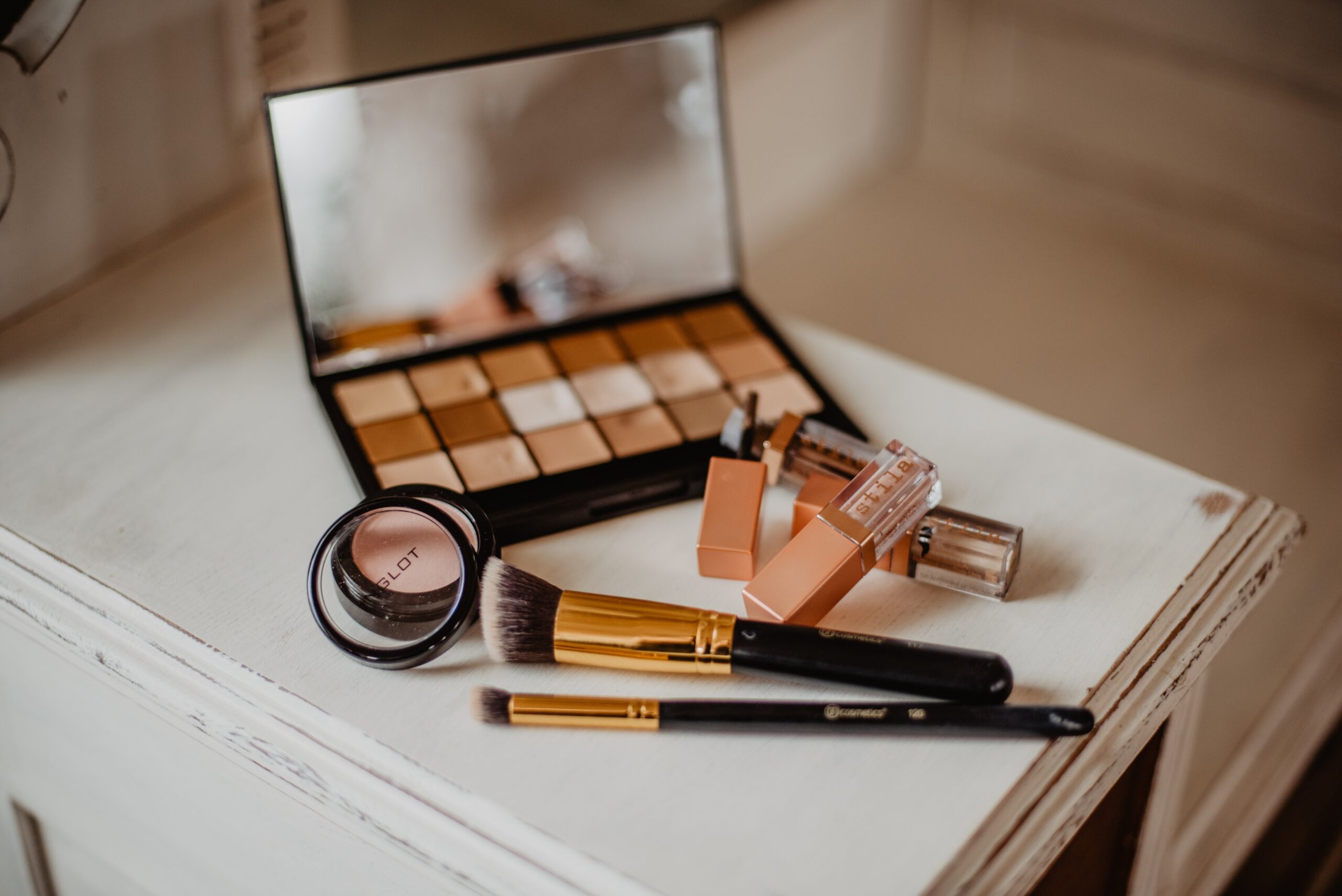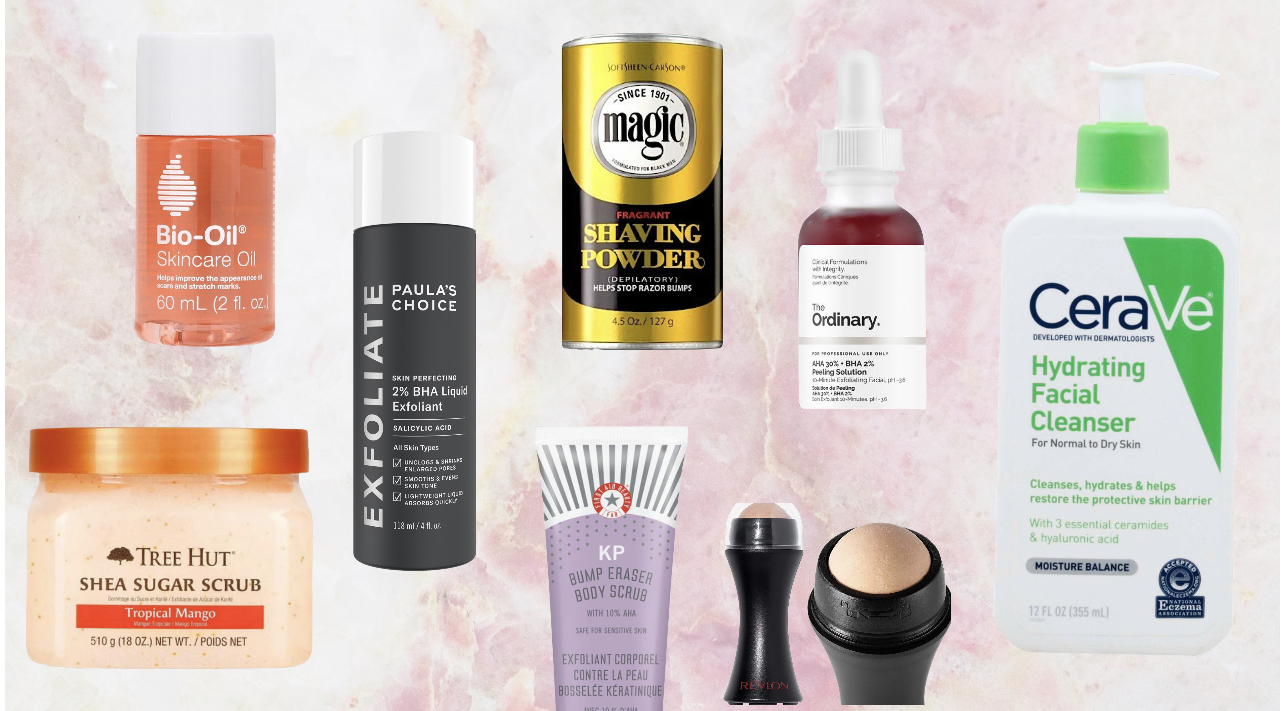
The most pertinent step that comes right before you begin your journey into skincare and build a skincare routine is knowing your skin type. It’s no surprise that one question that sits on the front burner of us, as ladies is “How do I know my skin type?”. Heck, lots of makeup products and skincare products are specific to certain skin type, it is important that you know your skin type to be able to select the best product for your skin and in general, how to take care of your skin.
Just as we come in different sizes and shapes, there are also peculiarities when it comes to skin type. However, there are 5 basic skin types that may help you to identify your skin. They are: normal, oily, dry/dehydrated, combination and sensitive.
Just before we delve into them, I’d start by talking about some factors could determine our skin types.
What Determines My Skin Type?
1. Genes: Genes play a huge role in determining your skin type.
2. Change of Environment: A new environment can change your skin type, for good, sometimes.
3. Hormones: You all know how unstable hormones could be. Your hormones could affect the skin’s behaviour.
4. Medications: If you are treating anything, your skin type could become drier or more sensitive as a result of medications.
4. Diet/Allergy: Your daily food/snacks can affect your skin for better or for worse. Some food allergies can also rub off on your skin type.
5. Skin Care: The kind of care you give your skin could make it better or worse. Applying the wrong formula can throw off your skin’s balance.
3 Quick Tests To Know Your Skin Type?
Knowing your skin type can be done easily. Here’s a little home test for you to know your skin type.
- Step A: Wash your face with a mild cleanser to get the grit and grease off.
- Step B: Clean your face with a gentle towel and leave it. Do not apply anything else, leave it natural.
- Step C: Leave it for an hour. Make sure you fight the urge to touch your face while waiting. After this hour, study your face and note your skin type.
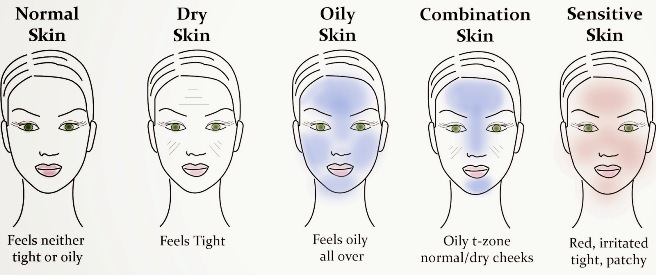
Dry Skin
- Result: Face feels itchy and tight. Other symptoms include noticeable flakiness, sensitivity, itchiness and cracks.
- This skin type feels dry and tight year-round and exhibits loss of elasticity. People with dry skin experience constant redness or rosacea, could get irritated or broken by harsh, drying products.
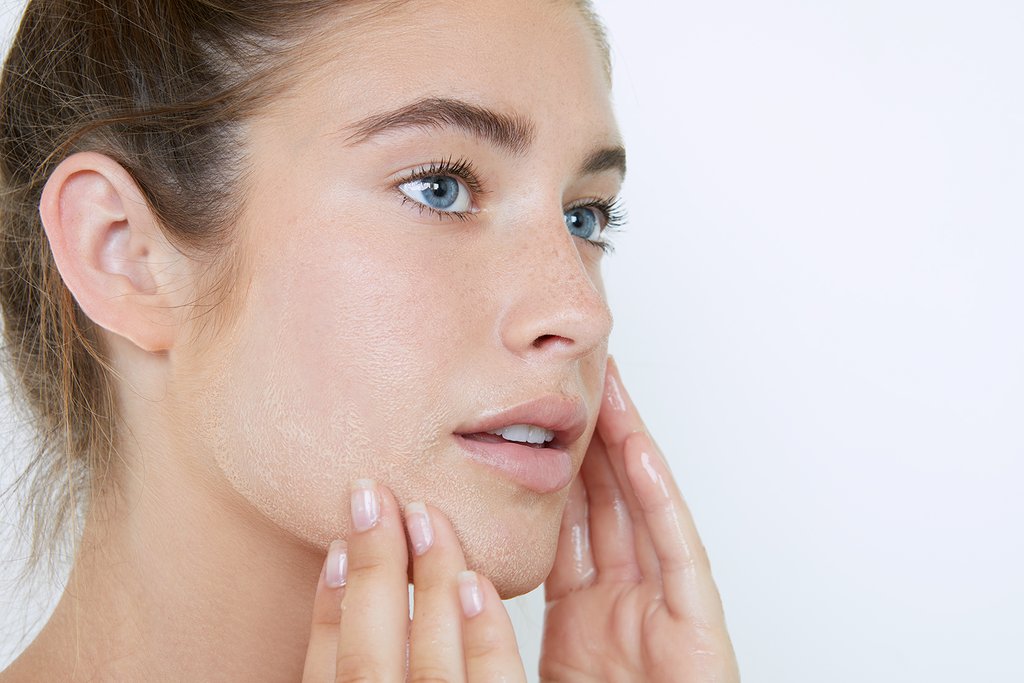
How To Care For Dry Skin
Try to avoid alcohol and sulfate-based products, as they could rob you of your skin’s natural oil. Look out for these ingredients in your cleansers and toners. You should also cut down on the use of hot water when taking your bath, as it also takes moisture from skin.
Apply a rich moisturizer several times in a day especially after washing hands or after a bath. In addition to this you can include a good facial oil in your skincare routine. This helps to retain more moisture in your skin. If skin is dehydrated, focus on water-based products. And most importantly, drink a lot of water. Read more on 7 Golden skincare tips for dry skin type.
Oily Skin
- Result: Feels greasy and is shiny. Especially in t-zone.
- For oily skin, your skin appears to always be shiny. You produce much oil on your face, neck, shoulders and back. Excess oil can oftentimes leave pores congested, larger and clogged. Your pores seem larger or get congested easily, which could come with skin reactions such as pimples.
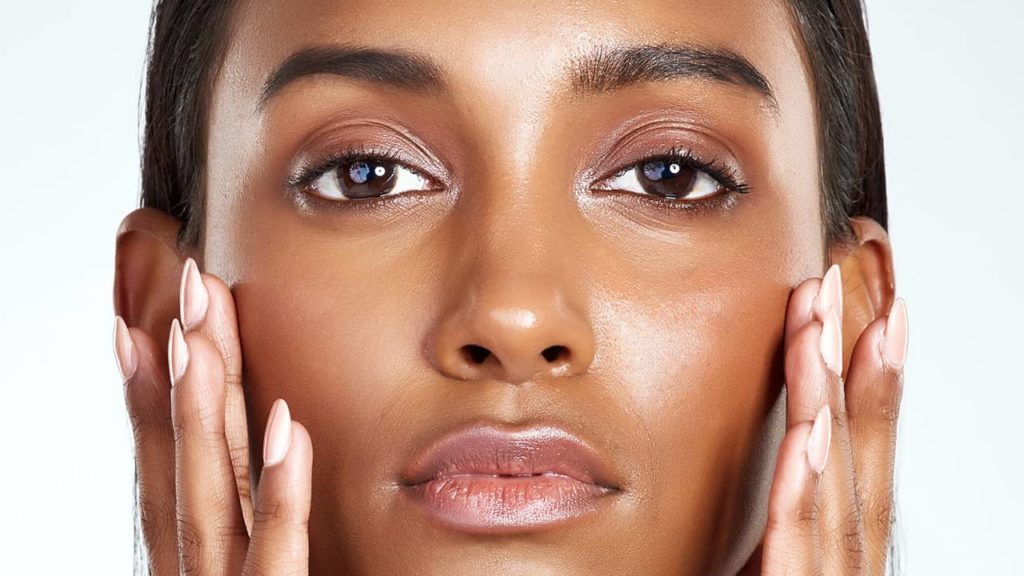
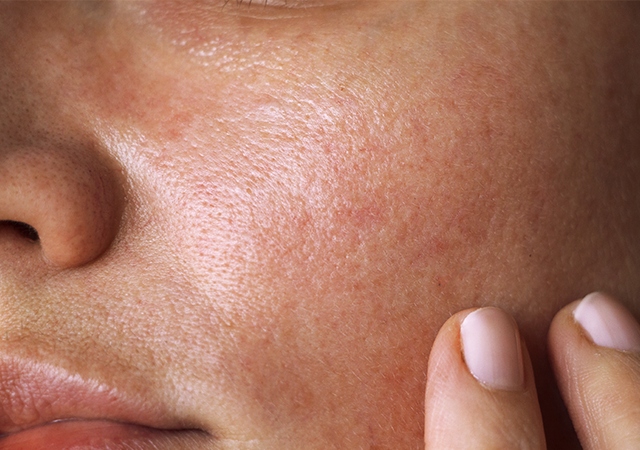
How To Care For Oily Skin
Daily or more frequent exfoliation is required to promote cell turnover and limit congestion in pores. Exfoliation will also help lighten pimples or blackheads by peeling away the uppermost layers of skin and turning in new cells. Avoid oil-based formulae in your skincare or makeup products as much as you can. Read here on how to properly exfoliate your skin for your skin type.
Combination Skin
- Result: Skin feels dry in certain areas, while oily in others. Combination skin is defined by an oily t-zone and dry or normal skin on cheeks and jawline.

How to Care for Combination Skin
Avoid alcohol-based products, as they could be too drying. Do not use products formulated for oil control or ultra-hydration to treat your entire face. Instead, use different products to focus on the oily T-zone and dry areas, or look for something that can restore skin’s balance.
Normal Skin
- Result: Dryness on the cheeks. Feels good and even, not oily and not dry. Those with normal skin are not prone to breakouts on their cheeks, and tend to have a well-moisturized t-zone.
- People with normal skin rarely experience many breakouts. Their skins do not react harshly to novel products or environment changes. They do not need to frequently moisturize or blot oil from your face all day long. Skin is also firm.
How to Care For Normal Skin
Mild, consistent exfoliation is important to keep the t-zone and cheek areas balanced. Use a moisturizer that isn’t too heavy but is good enough to keep moisture locked in your skin. A gel-like moisturizer is a good option. Include some anti-ageing and hydrating products in your skincare routine.
Sensitive Skin
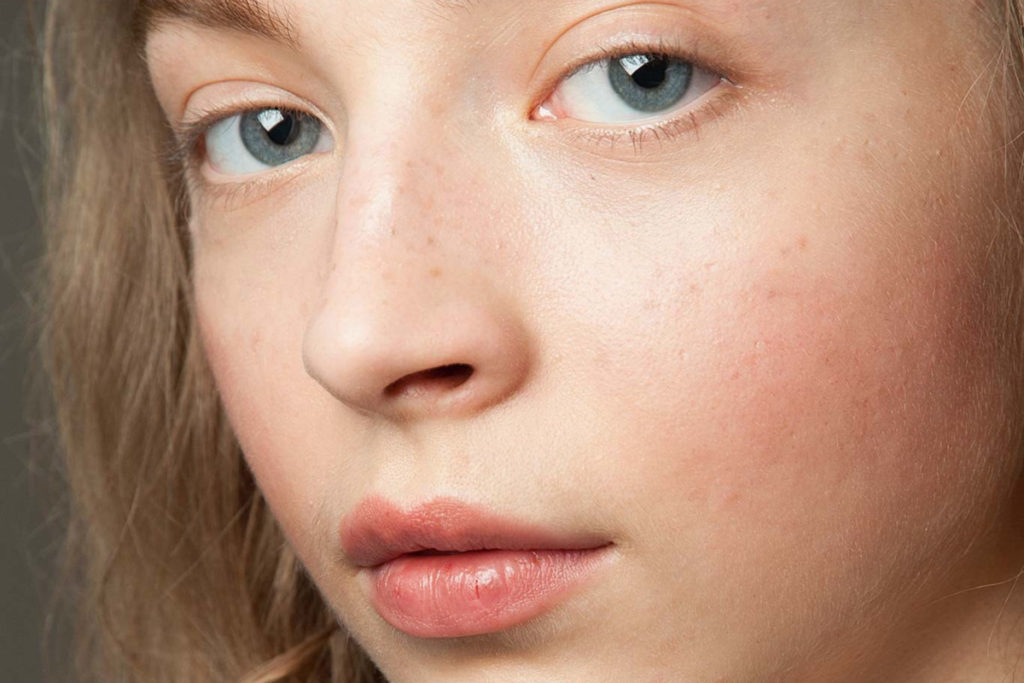
- Result: Produces oil mostly in the t-zone but may experience tightness, redness or irritation, especially when trying new products. This type may become red and inflamed easily and may break out from heavy moisturizers.
How To Care For Sensitive Skin
Avoid formulae with synthetic fragrance, heavy dyes or harsh chemicals. Be careful when choosing cosmetics, as you are likely to have irritation, redness, burning or acne breakouts. Go for products with fewer additives, and seek out those with calming, healing or anti-inflammatory properties. Also, take enough water.
All these I’ve shared in this article don’t superseded guidance by a dermatologist so if you have specific skincare concerns and need more information, you should see a dermatologist to advise on the best maintenance routine and skincare products for your skin type.

 Previous Post
Previous Post

